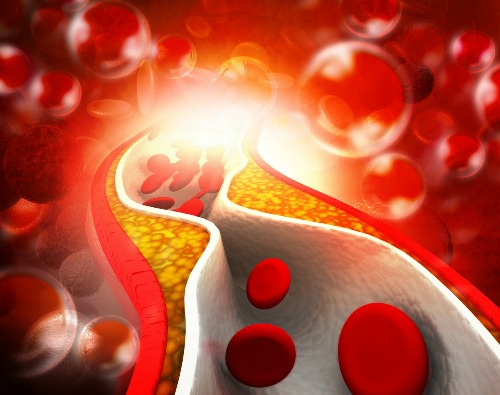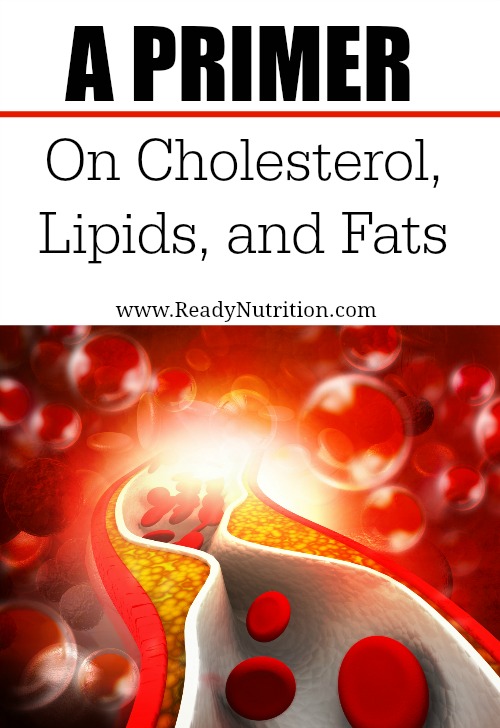
Cholesterol is different for men than it is for women. Testosterone, the androgenic (male hormone) identifier for men needs cholesterol to be produced. Cholesterol is also a “progenitor” of essential hormones that either has a positive or negative effect on muscles and muscular development, namely progesterone, estrogen, and cortisol. Lipoproteins are molecules that transport the cholesterol through the bloodstream. These lipoproteins are broken down into 2 categories: Low-Density Lipoproteins (LDL) and High-Density Lipoproteins (HDL).
HDLs are your “good” lipoproteins. In addition to carrying cholesterol to body tissues, HDLs also carry cholesterol to the liver to be removed from the body. HDLs are good for your heart: they pull excess/unneeded cholesterol out of places and return it to the liver; their high density (where they draw their name) enable them to transport it without “sticking” to the walls of the arteries. HDL levels above 60 mg (milligrams) per deciliter are protective versus heart disease.
LDLs are your “bad” lipoproteins, and they are found in the blood. They transport cholesterol to organs, but their low density some of that cholesterol to stick to blood vessel walls and eventually lead to blockages. Saturated fats are those found in animal products, such as beef, poultry, and dairy foods, and are usually solid at room temperature. Some of these fats can be beneficial.
The two lipoproteins have an inverse relationship. High levels of HDLs are good, and low levels of LDLs are good, and vice-versa.
Monounsaturated fats are liquid at room temperature. These are found in such oils as canola and olive oil. They raise HDLs and lower triglyceride levels in the body.
Triglycerides are a storage “form” of fat; when triglyceride levels in the blood are high, there is an increased risk of heart disease and blocked/clogged arteries.
Next comes polyunsaturated fats, and these are found in fish, oils (such as sunflower), nuts, and seeds. They are mostly liquid at room temperature. Examples of “good” polyunsaturated fats are as follows:
- Omega-3 fatty acids: fats found in fish and fish oil…very good for the heart.
- Omega-6 fatty acids: these are found in plants and plant oils.
Both of these two examples are essential fatty acids that are used in the membranes of your cells, and to regulate things such as blood pressure and clotting. They are not synthesized by the body and must be obtained from food.
There is one group of polyunsaturated fats that are bad: Trans-fats, also known as partially hydrogenated fats. These are found in your processed foods, such as margarine. The “trans” part of it? The hydrogenation transforms these from liquid into solid fats. Trans fats lower your HDL (the good lipoproteins) and increase both total cholesterol level and LDL’s (the bad lipoproteins).
That is pretty much the basics. There are food charts and nutritional supplement pamphlets and labels that do not explain all of this to enable a person to know what is going on. Remember: it’s all part of obfuscation, as corporations want to give you the minimum amount of information possible, and that only to satisfy the requirements of the law regarding disclosure. You the consumer are obliged to take it upon yourself to do the research to provide you with the information needed to make intelligent decisions on what you put into your body. Your research will close the door on those “gray areas” where the necessary information is not provided. So, good eating and good health to you, and use this information to help you plan your meals and follow a good dietary and exercise regimen. JJ out!


When you eat proper food, there’s really no such thing as “bad” cholesterol. That’s mainstream society and education nonsense. Also, for women, cholesterol serves the same function in hormone production. Therefore, they need cholesterol just as much as men.
My rule on cholesterol is: the more the better. Your body depends on it to a massive degree. There’s a reason the NWO wants you to limit your intake.
Yup, people that avoid cholesterol end up with their brain falling apart, and they get real stupid.
Article is pretty simple and to the point: avoid hydrogenated fats/oils.